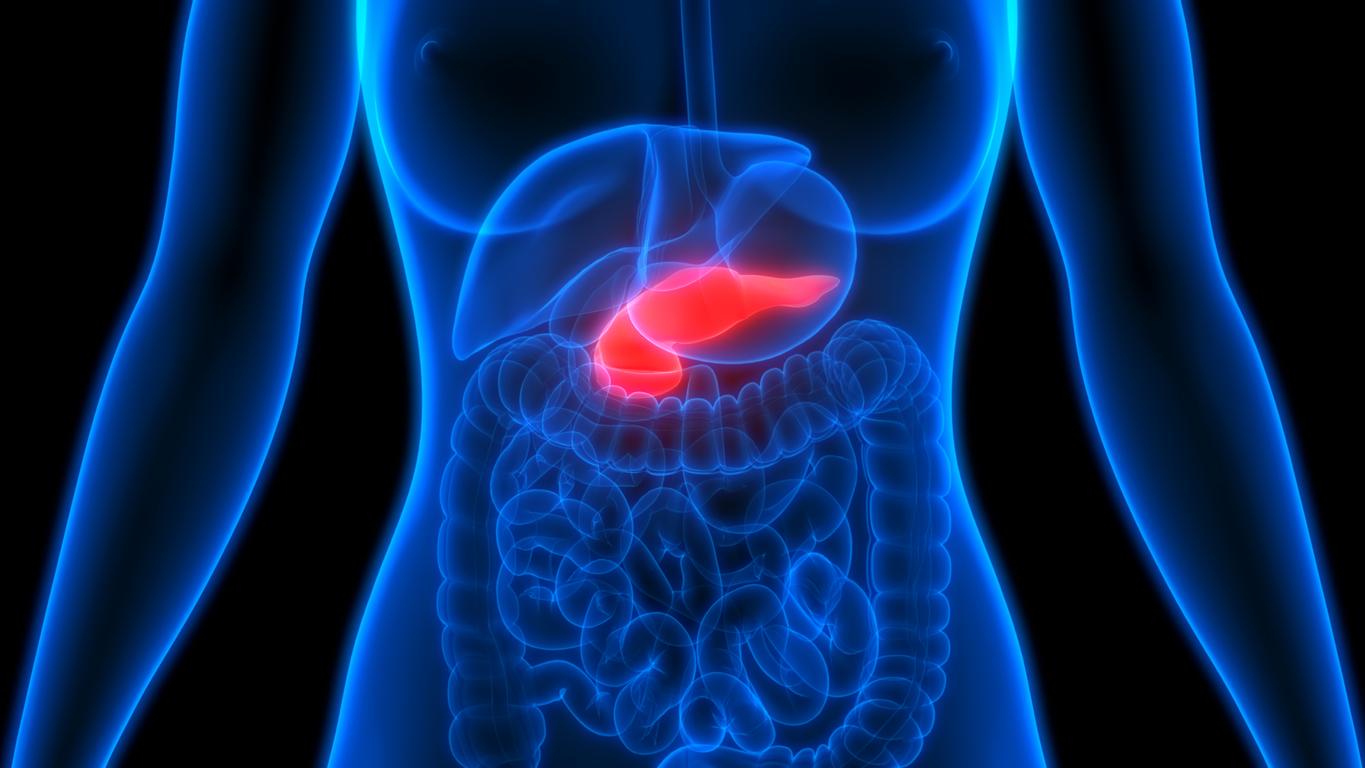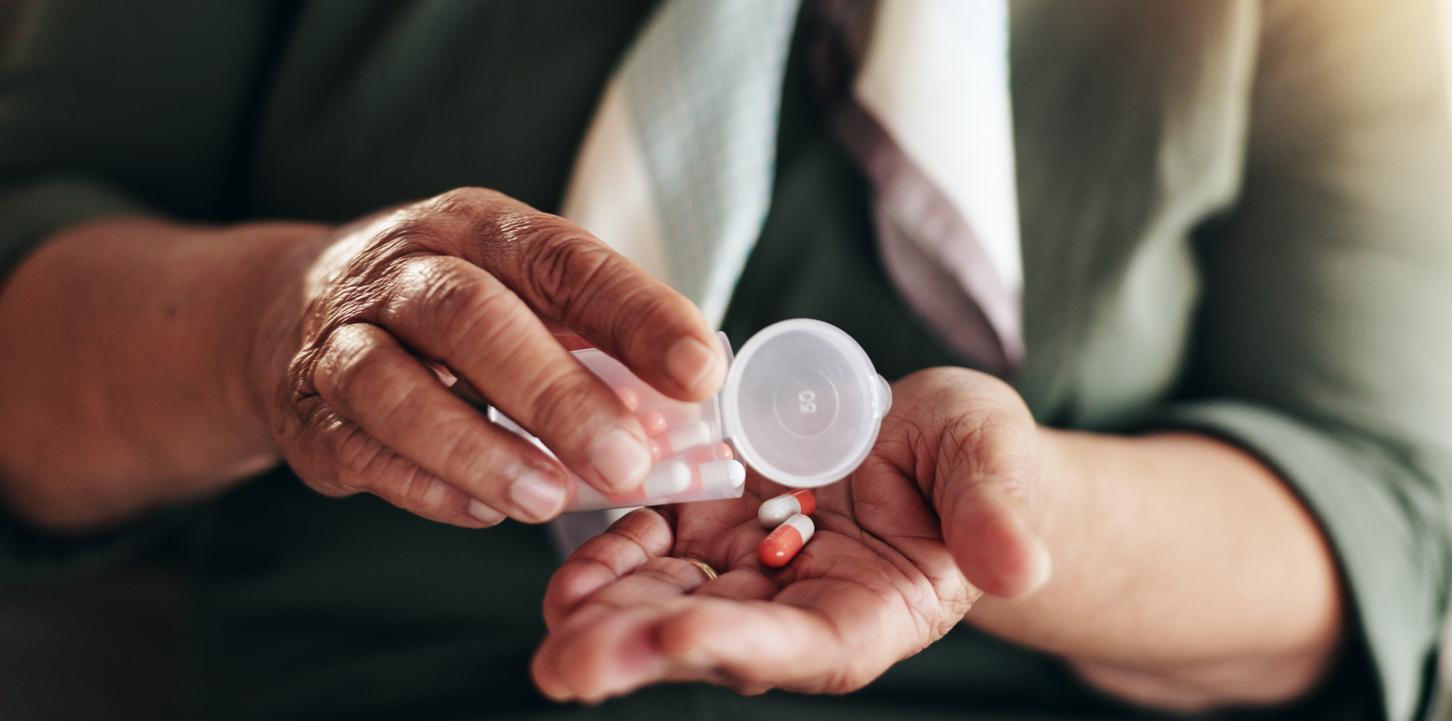A hormone-free medication to treat hot flashes associated with menopause has shown promising results in clinical trials.

- A hormone-free treatment could combat hot flashes linked to menopause.
- Some women do not want or cannot take hormonal treatment, especially those who have had hormone-sensitive breast cancer.
- This medication, fezolinetant, is just a little less effective than hormonal treatments.
Common symptoms of menopause include hot flashes. Some treatments help alleviate them, but most of the time they contain hormones. However, some women do not want or cannot take it, particularly those who have had breast cancer whose tumors were sensitive to the presence of hormones. There is currently a hormone-free medication based on the amino acid beta-alanine, however, according to the Vidal“its effectiveness is limited.”
A hormone-free medication to regulate estrogen
In a study published in the journal The Lancetresearchers presented results from phase 3 clinical trials of a hormone-free treatment for hot flashes. This is fezolinetant, a molecule which blocks the neurokinin-3 receptor, involved in thermoregulation, linked to estrogens. During menopause, declining estrogen levels cause hot flashes. Fezolinetant helps combat this phenomenon.
During phase 3 of the clinical trial, 2,205 women were divided into different groups: those who took a placebo, those who took 30 milligrams of fezolinetant and those who took 45 mg of fezolinetant. Researchers observed that the frequency of symptoms was reduced by just over 50% in participants who took fezolinetant compared to the placebo group.

A possibility for women who do not want to take hormones
This percentage of symptom reduction “would be just a little below what hormonal treatments offer, explains Antonio Canoone of the authors of the research. The treatment that should be used in the general population is hormonal (…) [car celui sans hormones] does not reach the levels of effectiveness of hormonal treatments, but is more effective than other treatments which have virtually no proven effectiveness.”















